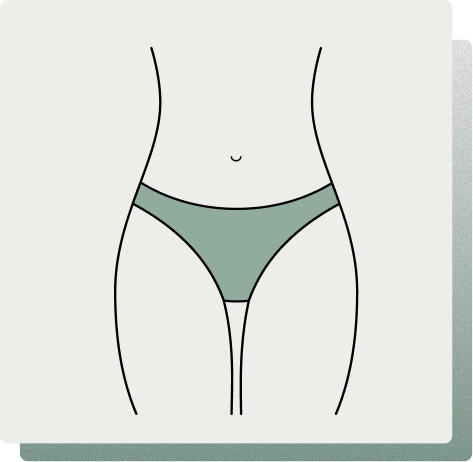Perimenopause happens when your ovaries stop functioning consistently which disrupts the normal hormonal rhythm of estrogen, progesterone and testosterone. This hormonal change occurs up to 10 years before you cross over into menopause. Some people can start having perimenopausal symptoms in their late 30years. The erratic and chaotic symptoms of perimenopause mark the beginning of menopause. Seeing a healthcare specialist who can diagnosis and treat these normal hormonal stages is recommended.

